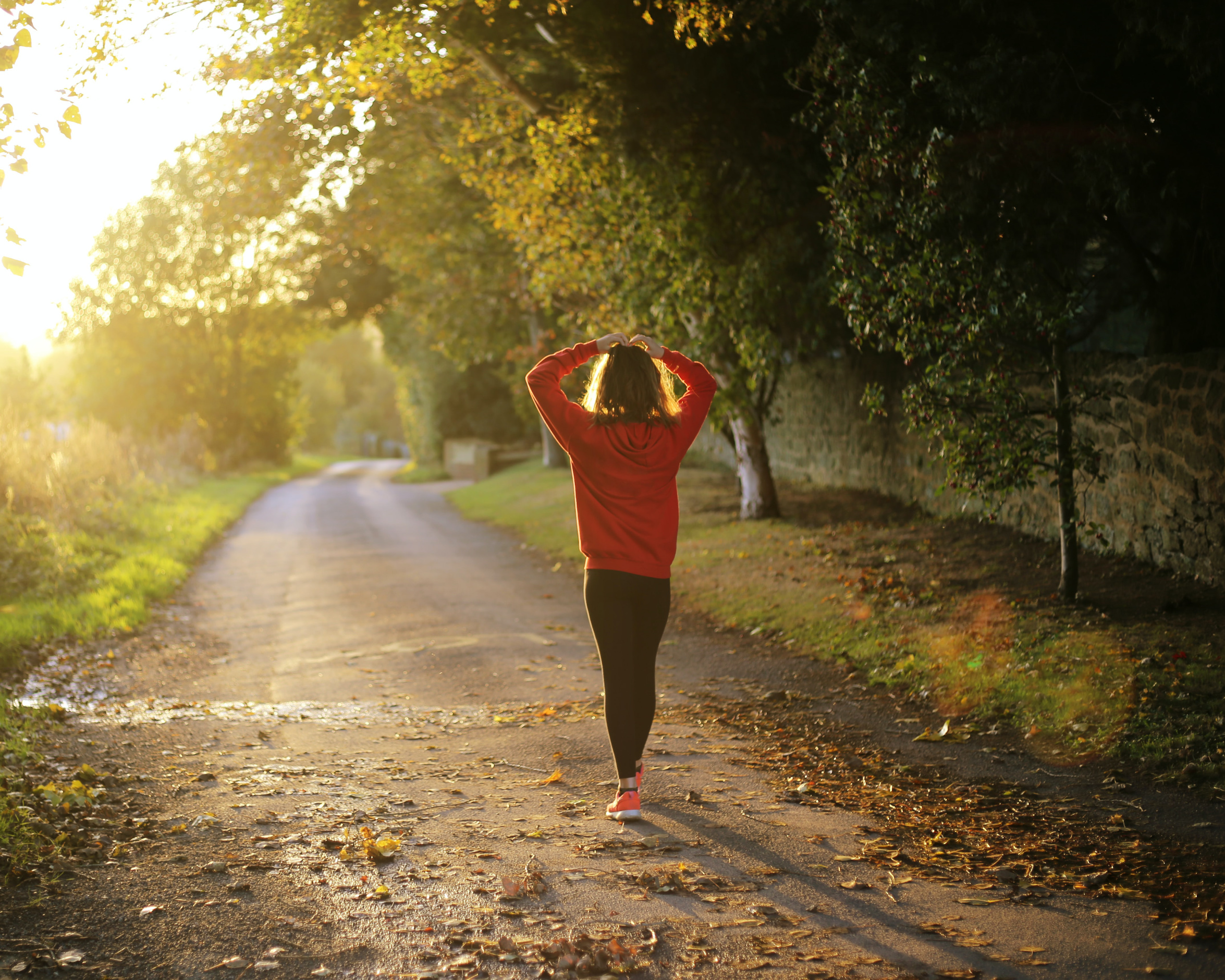Give your health a serious boost and vow to abide by at least three of these simple rules…
The end of the year is traditionally a time that we look ahead, re-evaluate and think about what positive changes we can make in our lives. Perhaps you want to improve your health, get fit, nourish your body better or take steps to help you feel more fulfilled generally. ‘One of the biggest challenges is the idea of what we “should” be doing,’ says Dr Aria Campbell-Danesh, a behaviour-change psychologist and the co-author of A Mindful Year. ‘In our society there is immense pressure to look a particular way and appear to have the perfect life. But it’s far more realistic to prioritise the goals that resonate with your own individual needs. Often it’s making small, daily changes that will lead to the greatest transformation in your health and well-being.’ To help you thrive in 2022 and beyond, we asked the experts to suggest their top health changes for you to make.
Have a body mot
MOT stands for ‘measurements, observations and tests’. Basically, it’s a top-to-toe check-up. ‘I think it’s really important to have a yearly health check, then to use that information to make appropriate diet and lifestyle changes,’ says Kasia Zajkowska, a bioscientist. Ask your GP for a health check that covers blood pressure, cholesterol, BMI (body mass index), and liver and kidney function. It’s also a good idea to have your risk of heart disease, stroke, diabetes and kidney disease assessed. You could also consider having a more personalised bioanalysis test. Performed privately or via send-away tests, these include genetic and metabolic testing, as well as tests for food intolerance, general nutrition and microbiome status checks. By getting a good snapshot of your current health, you’ll know which ‘new year, new me’ resolutions are actually right for your body. That means you can take steps every day that you know are helping maintain your good health – rather than random habits you’ve seen other people adopting on social media.
Focus on the process
‘It’s good to have goals, but if you become too fixated on the outcome, this creates stress,’ says Dr Aria. ‘If your goal is to get fit or lose weight, yet you hate going to the gym or you try to follow a punishing diet, then there is no pleasure in what you’re doing and you’re less likely to succeed. If you can attempt to stay in the moment and simply try your best, all the pressure begins to lift.’ He recommends only doing exercise you enjoy, and cooking delicious, healthy meals, rather than focusing on what to avoid.
Add greens to every meal
‘A very simple change you can make is to add greens to every meal,’ says Dr Chidi Ngwaba, who specialises in lifestyle medicine. ‘The plant pigment chlorophyll, which colours green foods, is a potent detoxifier. ‘Try to eat more leafy greens, such as rocket, watercress, romaine lettuce, broccoli, cabbage, Brussels sprouts, asparagus, cauliflower, peas and green beans. Green vegetables are also high in other nutrients including vitamins B and C, folate, iron, potassium, fibre and disease-fighting antioxidants (great for the appearance of your skin, too).’ A study at Imperial College London showed that eating up to 800 g of fruit and vegetables a day (10 portions) was associated with a 33% reduced risk of stroke, a 24% reduced risk of heart disease and a 28% reduced risk of cardiovascular disease. Even consuming just 200 g a day of fruit and vegetables was found to reduce the risk of heart disease by 16%, cardiovascular disease by 13% and stroke by 18% – so there’s no excuse not to up your intake.
Get your nature fix
‘Take at least 20 minutes out of your day to spend time in nature,’ advises psychologist Dr Megan Arroll. ‘Go for a walk in your local park, beside a river or in the countryside. You could even just do some gardening. Research shows that ecotherapy – contact with nature – improves mood and emotional well-being, boosts vitality and helps to reduce depression, anxiety and stress.’ Dr Arroll explains that a study at the University of Essex showed that people suffering from depression felt 90% better after a walk through a park.
Try a one-minute tapping ritual
‘I’m a huge advocate of tapping, a simple health technique dating back 5 000 years,’ says Katie Brindle, a Chinese medicine practitioner and the founder of the Hayo’u Method. ‘All you do is tap your body all over (shoulders, back, arms, thighs, legs, abdomen) with a loose fist. ‘You can also use a bamboo rod brush to relieve stress in muscles, unblock meridians (energy channels) and stimulate lymphatic drainage. Do this for one minute, at least once a day. Tap vigorously to feel more energised.’
Words by Eva Gizowska/Future Publishing
Photography: Courtesy Images





